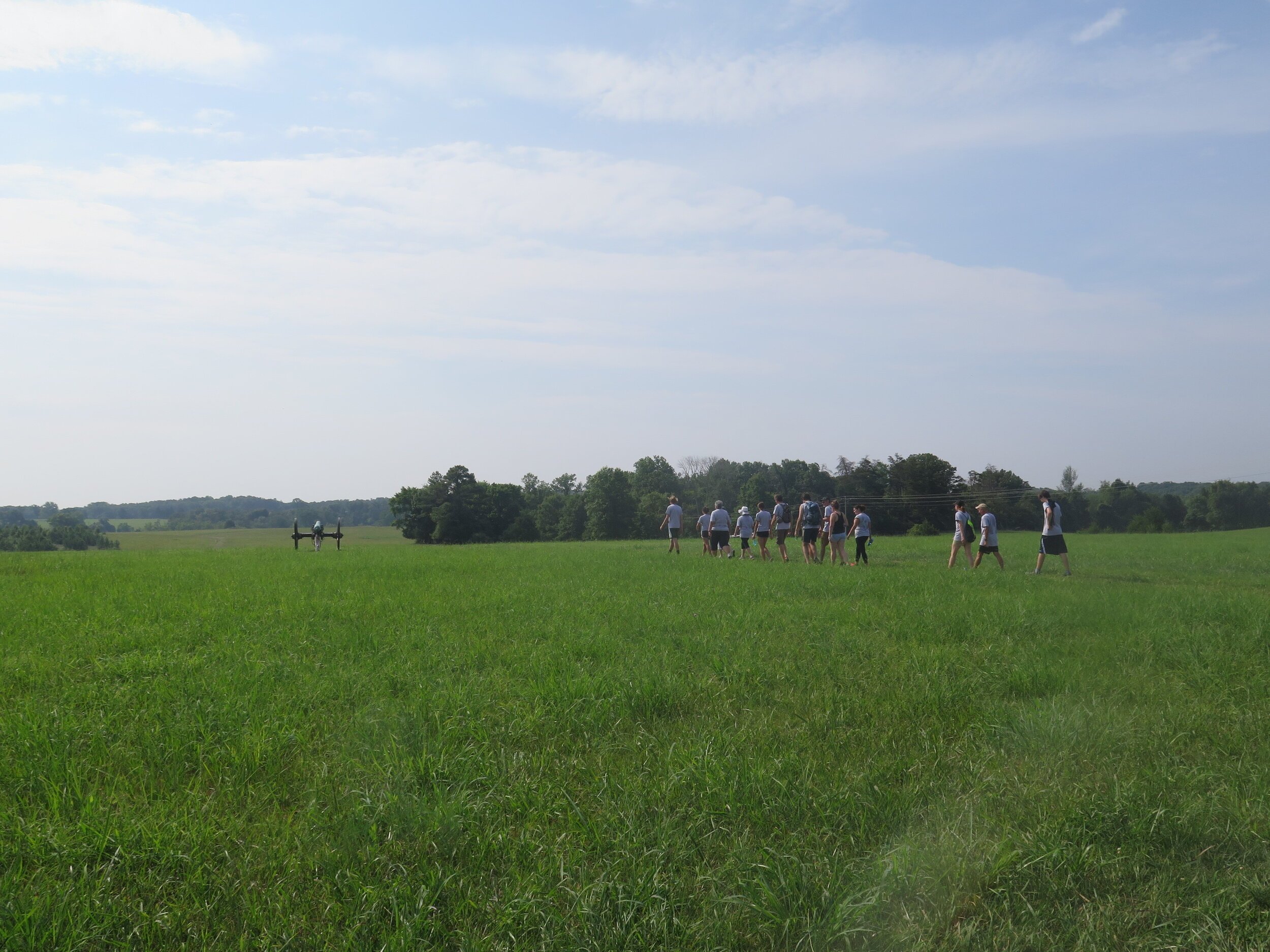
Blog Posts
Filter posts by topic:
Select a topic:
- ADR
- About Me
- Automobile Accident
- Child Inclusive Mediation
- Child Support
- Child custody
- Children
- Civil Case
- Collaborative Law
- Contractor
- Crime Victim
- Divorce
- Education Mediation
- Elder Law Mediation
- Estate Settlement Mediation
- Family Mediation
- Filing for Divorce
- Free Speech
- Health Care Mediation
- Ice and Snow
- Injuries
- Insurance
- Lawyer Wellness
- Mediation
- Name Change
- Negligence or Personal Injury Mediation
- Negotiation
- Parenting Plans
- Personal injuries
- Prison
- Real Estate and Housing Mediation
- Restorative Justice
- School
- Settlement
- Slip and fall
- Small Business Mediation
- Victim Offender Dialog
- West Virginia State Bar
- Wills and Estates
- Workplace Mediation
Search posts:
Protecting Your Privacy During Online Mediations and Consultations
Whether I am working as a lawyer or as a mediator, clients should expect that all of our communications are confidential. This expectation applies to meetings over the telephone, in the office, or via video conference.
When I first began using video conferencing about ten years ago, we usually used Skype. However, I found it to be full of bugs and often impossible to sustain any long conversations without interruptions. We tried Adobe Connect and Google Hang-Out to help with courses I was teaching at Eastern Mennonite University’s Center for Justice and Peace. By 2015, I was working with the Virginia Mediation Network to organize regular webinars. Fortunately, the colleague that I was working with, Brian Gumm, taught me about zoom.us, and I’ve been a devoted user.
Zoom is much easier than the other platforms I explored. I’ve found it to be a great way to have online meetings with clients and colleagues as well as to conduct mediations. To preserve the privacy of the meeting, we follow specific procedures.
Online Dispute Resolution Provides Options to Resolve Conflicts (Without the Courts)
Last Friday, I attended a webinar produced by the American Bar Association on ODR, Online Dispute Resolution. The participants included Colin Rule of Tyler Technologies, Amy Schmitz a Professor of the University of Missouri, and Professor David Larson of Mitchell Hamline School of Law. Speakers addressed several important topics about Online Dispute Resolution that help me in moving much of my mediation practice online in the coming weeks.
Online Mediation: Questions and Answers
Online mediation provides litigants another option to resolve disputes when in person meetings are not possible. Waugh Law & Mediation has been provided this option for several years. Using their smartphone, tablet, or computer, participants log on and participate in the mediation virtually. Brenda is a licensed attorney in West Virginia, Virginia and the District of Columbia. She provides mediation in many areas including civil cases, family issues, small business, and employment matters.



